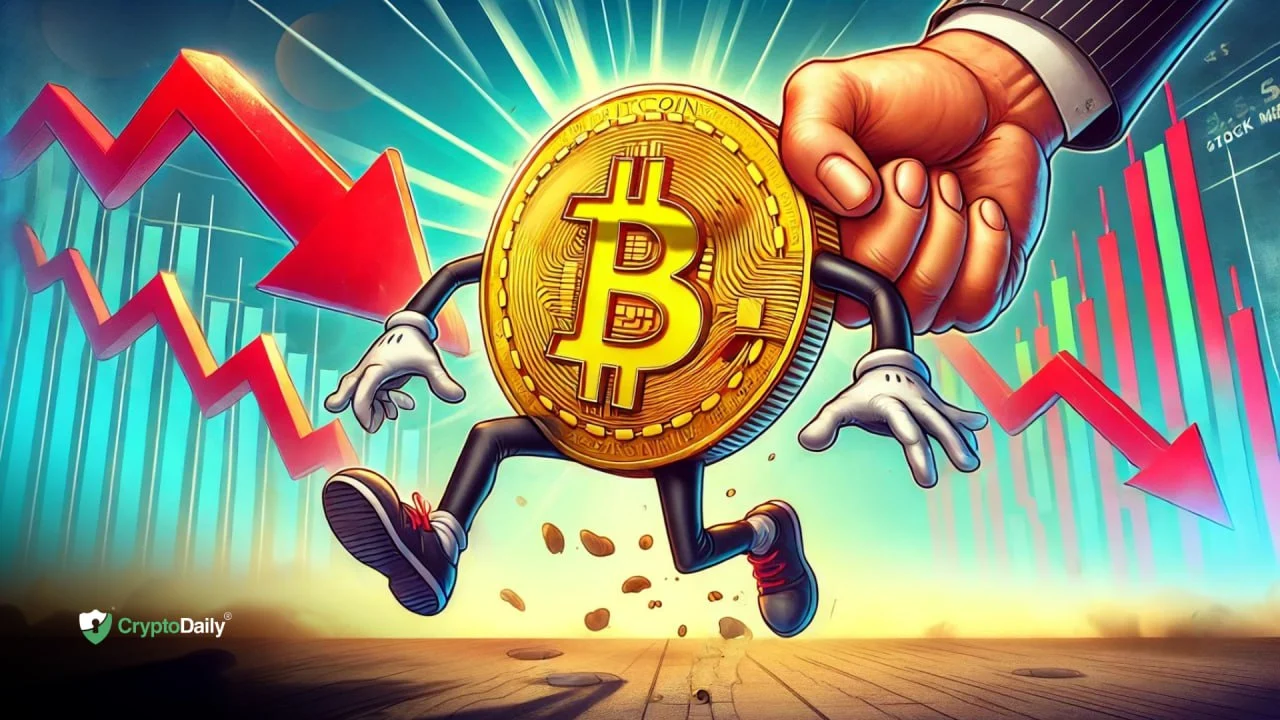The Uncertainty Over Trump Tariffs: Will the S&P 500 Crash Continue?
As of now, Bitcoin (BTC) is trading at approximately $81,900, maintaining a relatively steady position despite the ongoing market instability. However, the S&P 500, the broad-market stock market index in the United States, is experiencing a downturn, with a 2% decrease on Friday. This decline comes amidst significant uncertainty surrounding the Trump administration’s tariffs.
The Impact on the Stock Market
The S&P 500’s downward trend could potentially escalate into a more serious crash. The stock market is a reflection of investors’ confidence in the economy and businesses. When uncertainty arises, investors may become risk-averse and sell off their stocks, leading to a decline in the market.
The Trump tariffs have created a great deal of uncertainty. The tariffs, which were imposed on Chinese goods, have led to retaliation from China and other countries. This has resulted in increased costs for businesses, which may ultimately be passed on to consumers in the form of higher prices. Furthermore, the ongoing trade dispute between the U.S. and China could deter foreign investment and potentially lead to a slowdown in economic growth.
The Personal Impact
As an individual investor, you may feel the effects of the potential stock market crash in various ways. If you have a diversified portfolio, the impact may be minimal. However, if you have a significant amount of your wealth invested in the stock market, you may experience a loss of value in your investments. Additionally, if you are considering making a large purchase, such as a house or a car, the potential decline in the stock market could impact your ability to secure financing.
The Global Impact
The potential stock market crash could have far-reaching consequences beyond the U.S. Economies around the world are interconnected, and the ripple effects of a U.S. stock market crash could impact countries and markets worldwide. For instance, emerging markets, which are more sensitive to changes in global economic conditions, could be particularly hard hit.
Moreover, the uncertainty surrounding the Trump tariffs could lead to a decrease in global trade. This could have negative consequences for countries that rely heavily on exports, such as Germany, South Korea, and Japan. Additionally, the potential for a slowdown in economic growth could lead to a decrease in demand for commodities, such as oil and metals, which could negatively impact countries that produce and export these resources.
Conclusion
The uncertainty surrounding the Trump tariffs and their potential impact on the stock market has created a great deal of unease among investors. While it is impossible to predict with certainty whether the downturn in the S&P 500 will continue and lead to a more serious crash, it is important for individuals to be prepared for potential market volatility. Diversifying your portfolio and staying informed about economic developments can help mitigate the impact of market fluctuations.
Furthermore, the potential consequences of a stock market crash go beyond individual investors. The ripple effects could impact economies and markets around the world. As such, it is important for governments and international organizations to work towards finding a resolution to the trade dispute and reducing uncertainty in the global economy.
- Bitcoin maintains a steady position despite market instability
- S&P 500 experiences a 2% decrease due to uncertainty over Trump tariffs
- Potential for a more serious crash if uncertainty persists
- Individual investors may experience a loss of value in their investments
- Emerging markets and countries heavily reliant on exports could be particularly hard hit
- Diversification and staying informed can help mitigate the impact of market fluctuations





